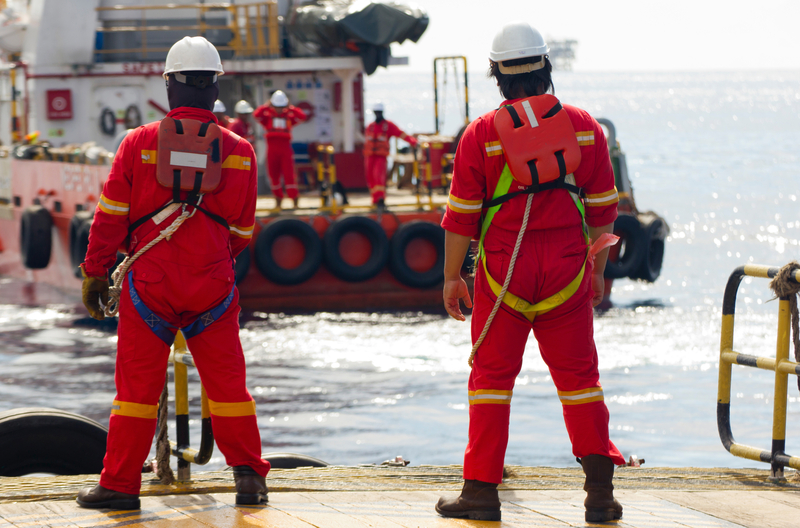New international maritime regulations will become law next year, aiming to improve safety standards for workers taken offshore to work on wind farms and oil and gas installations.
In the wake of expansion of the UK maritime offshore energy sector a new chapter has been added to the International Convention for the Safety of Life at Sea, which includes the International Code of Safety for Ships Carrying Industrial Personnel
The Maritime and Coastguard Agency has today launched a consultation on requirements, which will sit within the proposed Merchant Shipping Regulations 2025.
Ships operating in the offshore sector are by definition cargo ships, and because of this the number of passengers that can be carried is 12. The construction standards for passenger ships are more stringent than for cargo ships, in recognition of the larger number of people that these ships can carry.
The IP Code sets a standard based on cargo ship requirements, enhanced by requirements applicable to passenger ships, enabling such ships to carry more than 12 offshore workers – which by definition are not passengers or part of the crew.
The IP Code also sets out standards including medical fitness, personal survival, safety training and ship familiarisation, which industrial personnel must comply with.
MCA Director of UK Technical Maritime Services Fraser Heasley said: “The offshore sector has a fundamental place in how the world operates today, and at the MCA we truly value the service and dedication of these industrial and special personnel, and their safety is a priority for us.
“Implementation of the new SOLAS chapter, in particular the IP Code, will mean significant safety improvements for those working in the offshore sector.
“The code is recognised internationally so standards are set across the offshore sector, providing a global, level playing field. Please make sure your feedback is heard by taking part in our consultation.”



